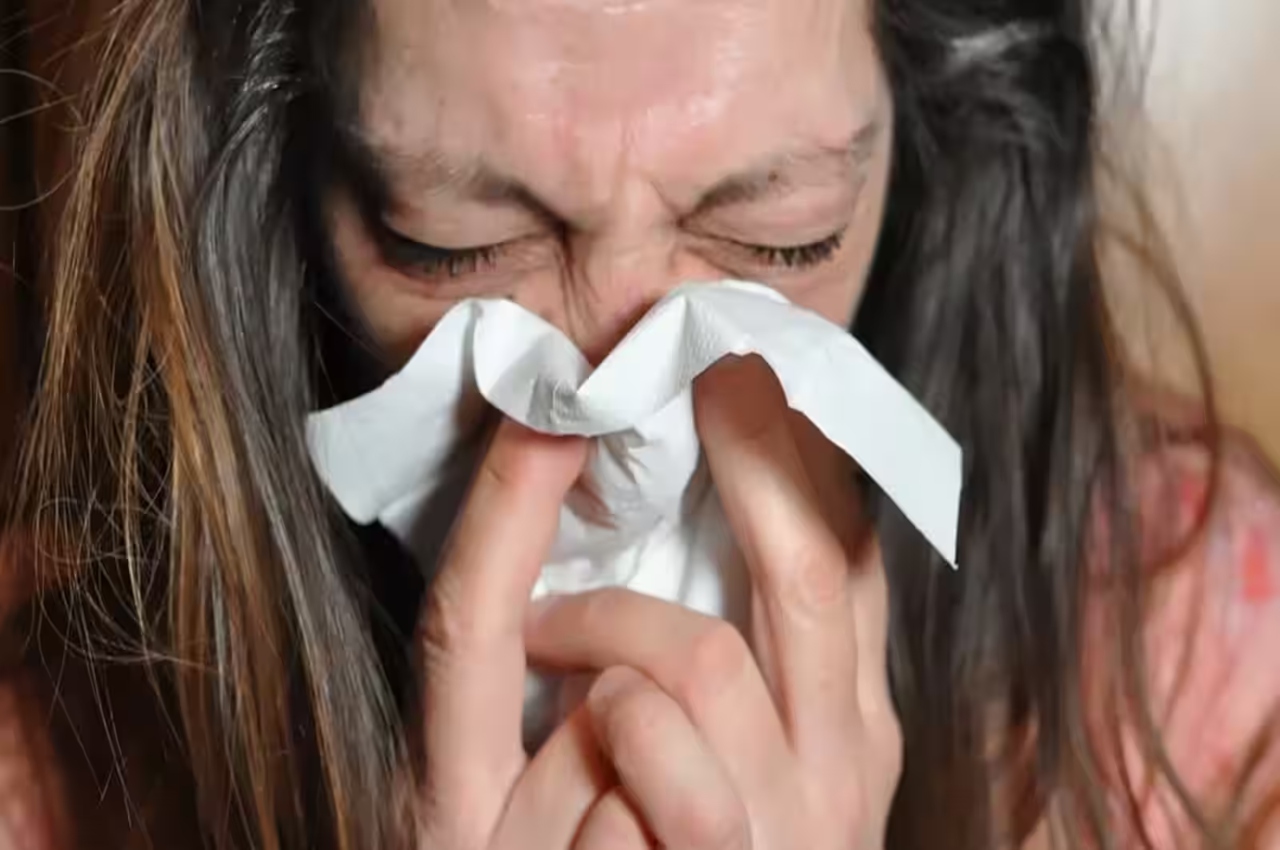H3N2 Influenza Virus: There has been an increase in influenza cases across the nation, and it has been determined that the H3N2 virus is largely to blame. India has now also confirmed two deaths, one each from Haryana and Karnataka. The current respiratory diseases in the nation are mostly caused by influenza A subtype H3N2, according to the Indian Council of Medical Research (ICMR). The “Hong Kong flu” is another name for the H3N2 virus.
Patients are recovering more slowly, and this virus, which emerged shortly after the Covid-19 pandemic, has raised many people’s concerns. Yet, the medical organisation has advised individuals to maintain the Covid-appropriate behaviours that we have learned during the pandemic and not to panic. Here’s all we need to know about the virus.
H3N2 Increasing the Number of Hospitalizations Currently
According to the ICMR, the H3N2 virus appears to result in more hospitalisations than other influenza subtypes. Patients with influenza A H3N2 who had severe acute respiratory infections (SARI) and were hospitalised:
- 92% of patients showed up with a fever
- 86% with a cough
- 27% with dyspnea
- 16% with wheezing
Moreover, 6% of people suffered seizures, and 16% exhibited clinical symptoms of pneumonia.
“The apex research body also said that 10 per cent of SARI patients who have H3N2 needed oxygen, while 7 per cent required ICU care,” the ICMR said.
H3N2 Influenza Virus: Symptoms
- Cough
- Chills
- Fever
- Sneezing and Runny Nose
- Nausea and Vomiting
- Sore Throat
- Body Pain and Muscle Aches
- Diarrhoea
Most of the symptoms persist for about a week
Also read:- South Indian foods: 5 popular varieties of sambhar that melt your taste bud
How does this virus spread among others?
The virus is extremely contagious and spreads by droplets produced when sneezing, coughing, or conversing with an infected person. A person can catch the virus if they touch their nose or mouth with the same unwashed hands that they used to touch the infected area.
H3N2 Influenza Virus: Prevention and Cure
You should practise good hand hygiene, wash your hands frequently, stay away from sick people, cover your mouth and nose when you sneeze or cough, and get an annual flu vaccination to protect yourself from viruses. Obtain lots of rest, consume sufficient amounts of water, use over-the-counter medications to reduce the temperature, and take antiviral medications as necessary. See a doctor if your symptoms don’t go away.
Do’s and Dont’s:
Check out some important dos and don’ts:
Do’s:-
- Keep your hands clean by frequently washing them with soap and water.
- Avoid crowded areas; wearing a face mask is still recommended.
- When you cough or sneeze, cover your mouth and nose.
- Drink plenty of liquids to keep yourself hydrated.
- Use paracetamol if you have a fever and body aches.
- When sick, avoid going to work or school.
Dont’s:-
- Touch your mouth and face.
- Public spitting
- Make contact with sick people
- Shake hands.
- Use self-medication and antibiotics













